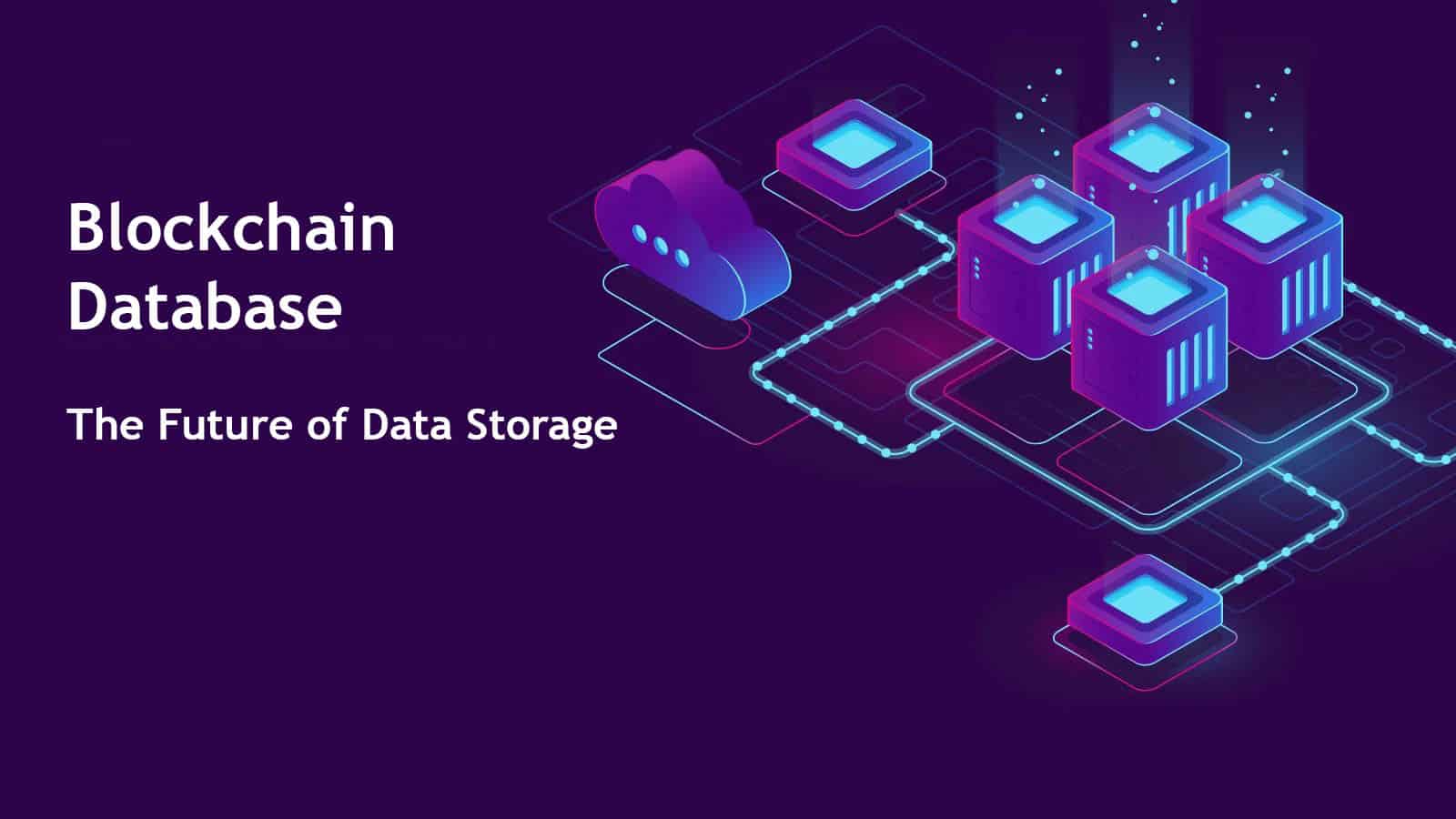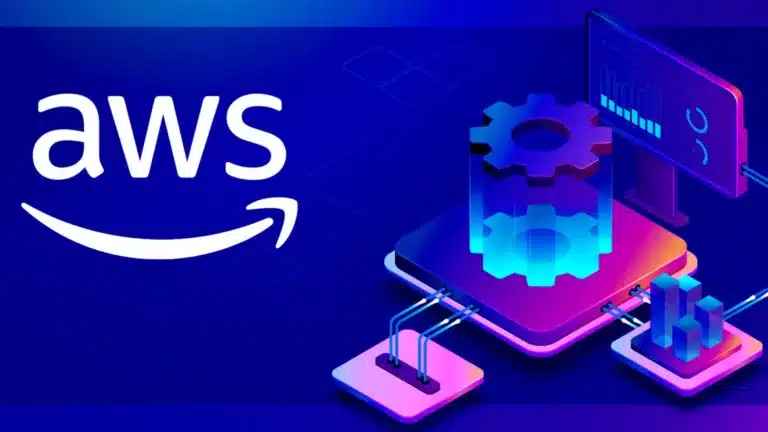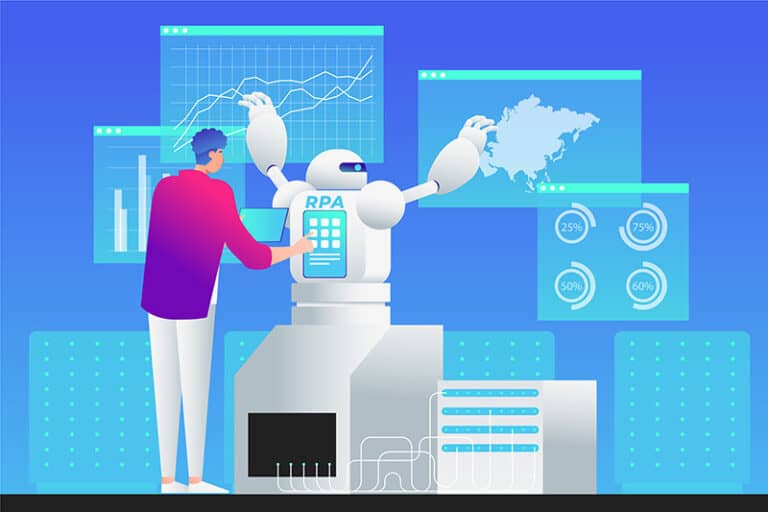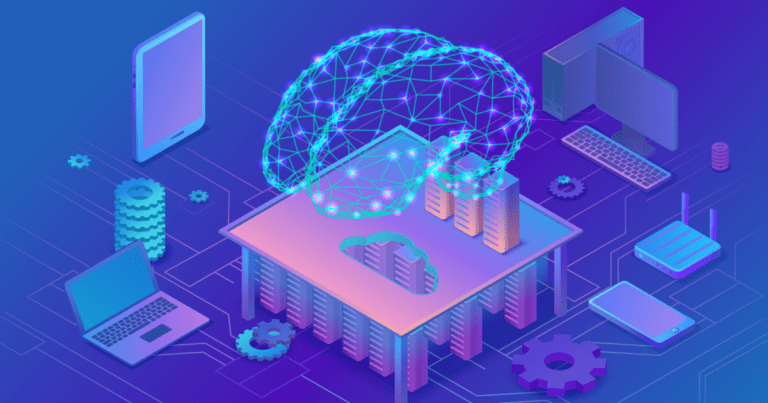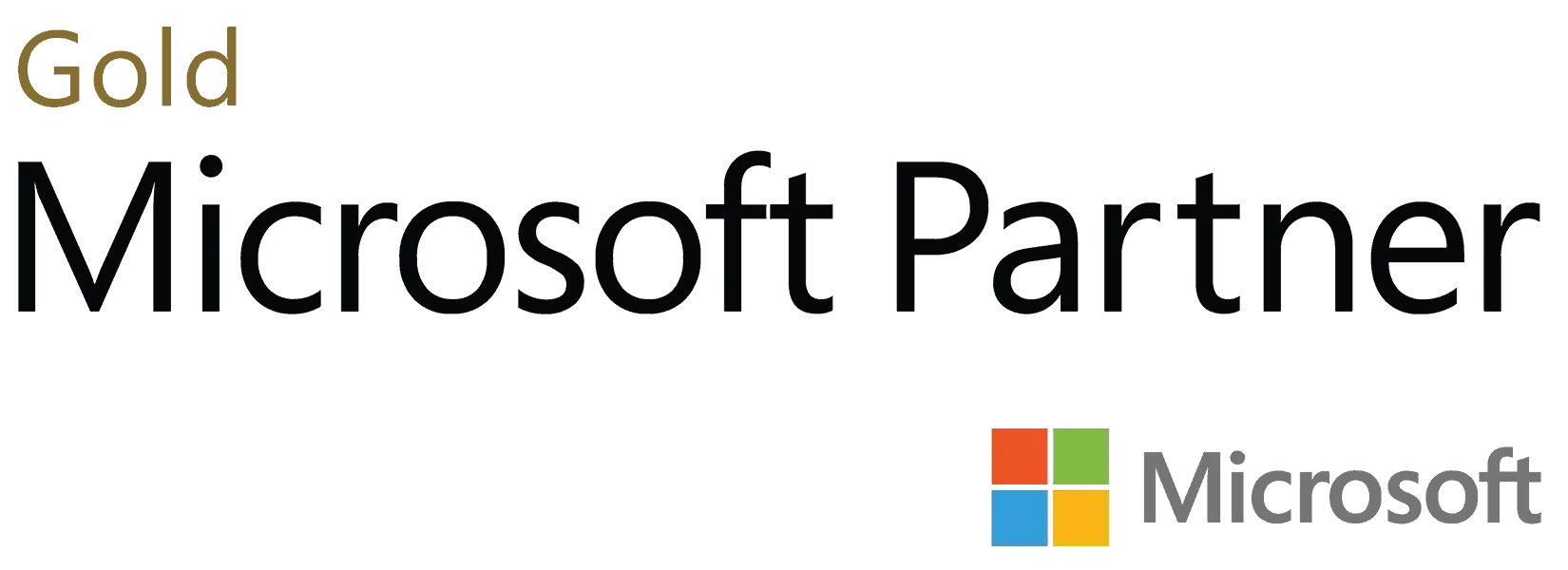What is a Blockchain Database? The Future of Data Storage
If you’ve clicked on this article, chances are you’ve heard about blockchain databases and want to uncover the truth behind the hype. Is it just another tech fad, or a groundbreaking innovation that will redefine the way we manage data? Well, you’re about to find out. In this blog, we’ll take you on a journey through the world of blockchain databases, examining their inner workings, advantages, and how they could potentially revolutionize the way we interact with data. And, just to make it extra enticing, we’ve got a little treat for you at the end (spoiler alert: it’s a free consultation!).
Section 1: Understanding the Basics
1.1. What is a blockchain?
Before we delve into the concept of blockchain databases, it’s essential to understand what a blockchain is. At its core, a blockchain is a decentralized digital ledger that records transactions (or any other type of data) across a network of computers. Each block of data is linked to the one before it and the one after it, creating a chain of blocks. The information in a blockchain is stored in a transparent, secure, and tamper-proof manner, making it ideal for various applications, such as financial transactions, supply chain management, and, of course, databases.
1.2. What is a database?
A database is an organized collection of data, typically stored and accessed electronically. They are designed to be efficient in retrieving, storing, and managing information. There are different types of databases, such as relational, NoSQL, and graph databases, each with its own set of advantages and use cases.
Section 2: The Birth of Blockchain Databases
2.1. The evolution of databases
With the rapid advancement of technology and the explosion of data, the need for more secure, efficient, and scalable databases has grown. Traditional databases have struggled to keep up with these demands, paving the way for new technologies like blockchain databases.
2.2. Blockchain databases: an innovation in data storage
A blockchain database is a decentralized database that leverages the power of blockchain technology to provide a new way of storing and accessing data. It uses cryptography to secure and verify transactions, making it virtually tamper-proof. This allows for a high level of security, transparency, and data integrity, making it an attractive option for various industries and applications.
Section 3: The Benefits of Blockchain Databases
3.1. Decentralization and security
One of the most significant benefits of blockchain databases is their decentralized nature. Unlike traditional databases, which rely on a central authority to manage and store data, blockchain databases distribute the data across a network of computers. This decentralization makes it difficult for a single point of failure or attack, enhancing the overall security and reliability of the system.
3.2. Data integrity and immutability
Blockchain databases provide an unprecedented level of data integrity and immutability. Once a block of data is added to the chain, it is virtually impossible to change or delete it without altering the entire chain. This makes it resistant to data tampering and ensures that the information stored in the database remains accurate and consistent over time.
3.3. Transparency and trust
The transparent nature of blockchain databases allows users to view and verify the entire history of data transactions. This fosters trust among parties involved in data sharing and collaboration, as they can be confident that the information is accurate and has not been manipulated.
3.4. Scalability and performance
Blockchain databases are designed to handle massive amounts of data and transactions efficiently. Their distributed architecture allows them to scale horizontally, adding more nodes to the network as needed to maintain performance and meet growing demands.
3.5. Reduced costs and streamlined processes
By eliminating intermediaries and central authorities, blockchain databases can significantly reduce the costs and complexities associated with traditional data management. The automated nature of blockchain technology streamlines processes, resulting in faster transactions and reduced operational expenses.
3.6. Interoperability and data sharing
Blockchain databases enable seamless data sharing and collaboration across different platforms and organizations. They provide a secure, standardized framework for exchanging information, promoting interoperability and efficient data integration.
3.7. Data privacy and control
While transparency is a hallmark of blockchain databases, they can also be designed to protect user privacy. By employing advanced cryptographic techniques and permissioned access, blockchain databases can ensure that sensitive data remains confidential while still maintaining the benefits of a decentralized system.
Section 4: Real-World Applications of Blockchain Databases
4.1. Supply chain management
Blockchain databases can revolutionize supply chain management by providing a transparent, secure, and tamper-proof record of goods as they move through the supply chain. This can help reduce fraud, increase efficiency, and promote ethical sourcing practices.
4.2. Healthcare
The healthcare industry can greatly benefit from blockchain databases by securely storing and sharing patient records, streamlining processes, and enhancing data privacy. This can lead to improved patient care, more efficient healthcare systems, and reduced costs.
4.3. Intellectual property rights
Blockchain databases can help protect intellectual property rights by providing a secure and immutable record of ownership, licensing, and royalty agreements. This can help prevent piracy and ensure creators receive proper compensation for their work.
4.4. Government and public services
Blockchain databases can improve government and public services by enhancing transparency, reducing bureaucracy, and streamlining processes. This can lead to more efficient and accountable governance, benefiting both citizens and public officials.
4.5. Finance
The financial sector can leverage blockchain databases for secure and efficient transactions, reducing the need for intermediaries and lowering costs. They can also help prevent fraud, enhance data privacy, and improve overall financial system stability.
Section 5: Unlocking the Potential of Blockchain Databases
5.1. Overcoming challenges
Despite their numerous benefits, blockchain databases also face challenges, such as energy consumption, regulatory hurdles, and integration with legacy systems. However, as the technology matures and more organizations adopt it, these challenges will likely be addressed and overcome.
5.2. Embracing the future
Blockchain databases represent a significant shift in the way we think about and handle data. As more industries recognize their potential, the adoption of this innovative technology will continue to grow, reshaping our digital landscape and unlocking new opportunities.
Conclusion:
Now that you have a better understanding of blockchain databases and their numerous benefits, are you ready to explore how they can help your business thrive in the digital age? Well, here’s that surprise we mentioned earlier: our team of experts is offering a free consultation to help you discover how blockchain databases can revolutionize your organization. Don’t miss this opportunity to unlock the potential of this cutting-edge technology – reach out to us today, and let’s build the future together!

